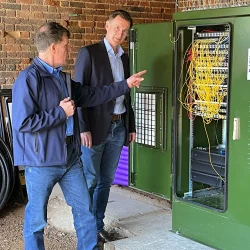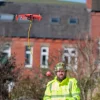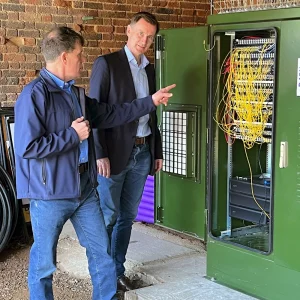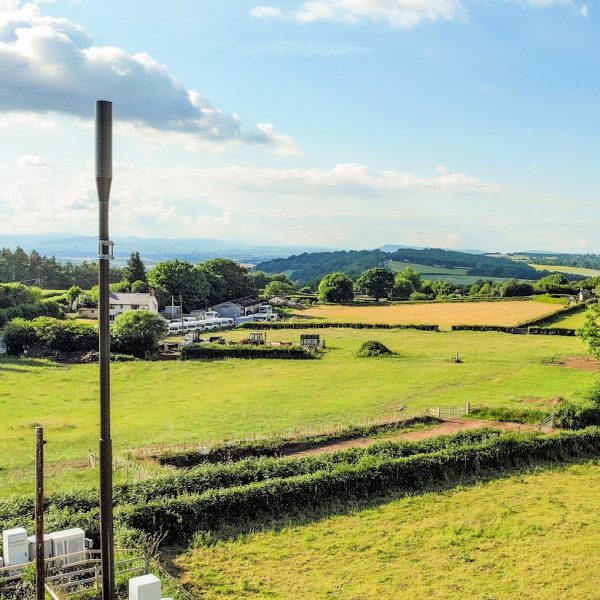Homes in Portknockie Left Without BT Broadband and Phone for 11 Days
Residents of Portknockie, a coastal village in Moray (Scotland) that’s home to a few hundred premises, have been left without access to a fixed line broadband or phone service for almost two weeks after a storm battered the area and flooding damaged BTOpenreach’s local telecoms infrastructure.
The remote village typically suffers from poor mobile phone reception and can only get the slowest 20CN based ADSLMax (up to 8Mbps) services via BT’s telephone exchange in nearby Cullen, although FTTC is separately forecast to arrive in some parts of the area by the end of 2014.
In the meantime the lack of connectivity, which is now passing its 11th day, has caused significant disruption. For example, locals are unable to contact work, friends or family and visitors to the local hotel and shops cannot pay their bills via credit or debit card.
Local councillor, Ron Shepherd, told the Press and Journal, “It’s ridiculous in this day and age for people not to have a phone.” Both Mr Shephard and other locals are understandably frustrated by the situation and have complained about a lack of information from BT, which has built up somewhat of a reputation when it comes to leaving rural communities disconnected following local infrastructure damage.
A Spokesperson for BTOpenreach said:
“Only three or four faults have been found on the Buckie grid, which Portknockie is connected to. There have been a lot of faults caused by flooding, but the work going on at the viaduct at Cullen is completely separate and part of the new broadband roll-out.”
Unfortunately BT’s statement offers little useful information about the situation in Portknockie itself and fails to say when the problems will be fixed. Still, it could be worse, last winter ISPreview.co.uk reported on several incidents where some villages were left without fixed line services for several months. Hopefully BT will fix the problem before it gets that bad.
Mark is a professional technology writer, IT consultant and computer engineer from Dorset (England), he also founded ISPreview in 1999 and enjoys analysing the latest telecoms and broadband developments. Find me on X (Twitter), Mastodon, Facebook and Linkedin.
« City of Perth in Scotland Deploys FREE WiFi Wireless Internet Coverage
Latest UK ISP News
- FTTP (5508)
- BT (3513)
- Politics (2535)
- Openreach (2296)
- Business (2260)
- Building Digital UK (2243)
- FTTC (2042)
- Mobile Broadband (1971)
- Statistics (1787)
- 4G (1662)
- Virgin Media (1617)
- Ofcom Regulation (1459)
- Fibre Optic (1393)
- Wireless Internet (1389)
- FTTH (1381)
























































Comments are closed